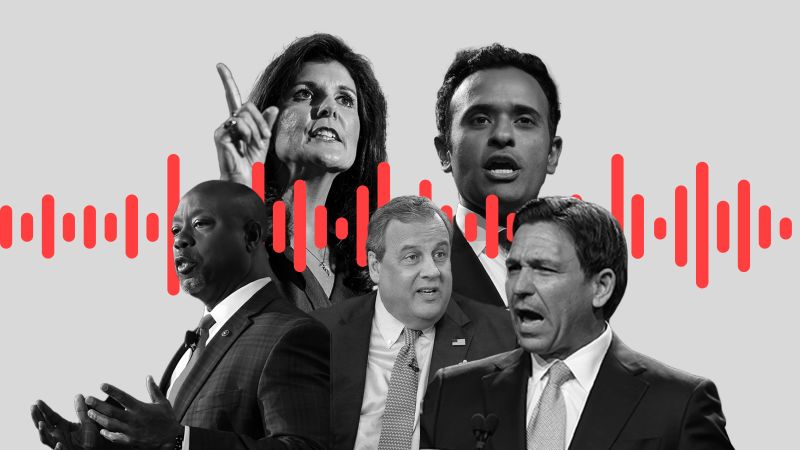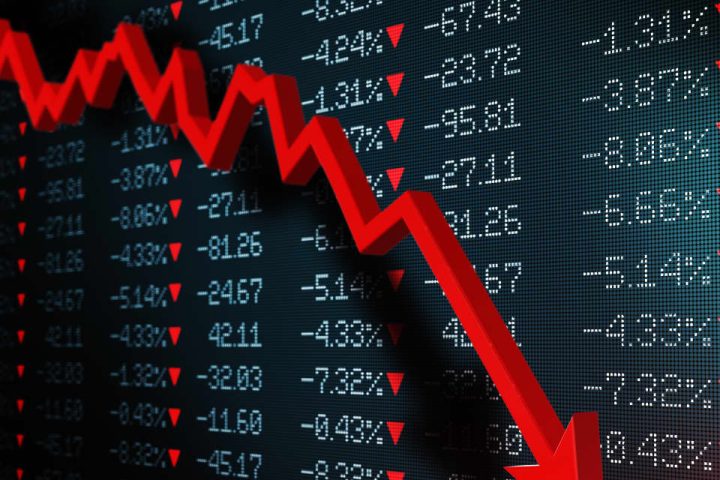Managers of mutual funds focused on large-cap stocks in the U.S. did a stronger job of beating their benchmark last month, but they’re still struggling to do so year to date, according to BofA Global Research.
Sixty-eight percent of large-cap active managers outperformed their Russell 1000 benchmark in October, BofA said in a research note dated Nov. 7. That marked their best “hit rate” in more than two years.
The U.S. stock market broadly slumped in October, with the Russell 1000 index falling 2.5%, FactSet data show. Some investors are willing to pay higher fees for actively managed mutual funds in hopes of getting a better return than they would from less expensive passive index funds.
But producing better returns than a simple index that broadly tracks the stock market hasn’t been easy for professional stock pickers.
While October marked the third straight month of large-cap active managers beating their Russell 1000 benchmark — the longest outperformance streak since mid-2022 — they tend to trail it annually.
The relatively strong performance of large-cap active managers in October pulled their hit rate so far this year to 41%, which is above an average annual hit rate of 37%, according to BofA. In October, the average fund beat the benchmark by 34 basis points, the note shows.
The U.S. stock market has climbed so far in 2023, with the S&P 500 index
SPX
finishing slightly higher on Wednesday to extend its longest stretch of daily gains in two years. The S&P 500 has risen more than 14% this year, while the Russell 1000
RUI
has gained around 13.8%, FactSet data show.
Meanwhile, growth stocks are trouncing value equities in 2023, with the Russell 1000 Value index
RLV
falling 1.4% through Wednesday and the Russell 1000 Growth index
RLG
soaring 30.1% over the same period.
Read the full article here







